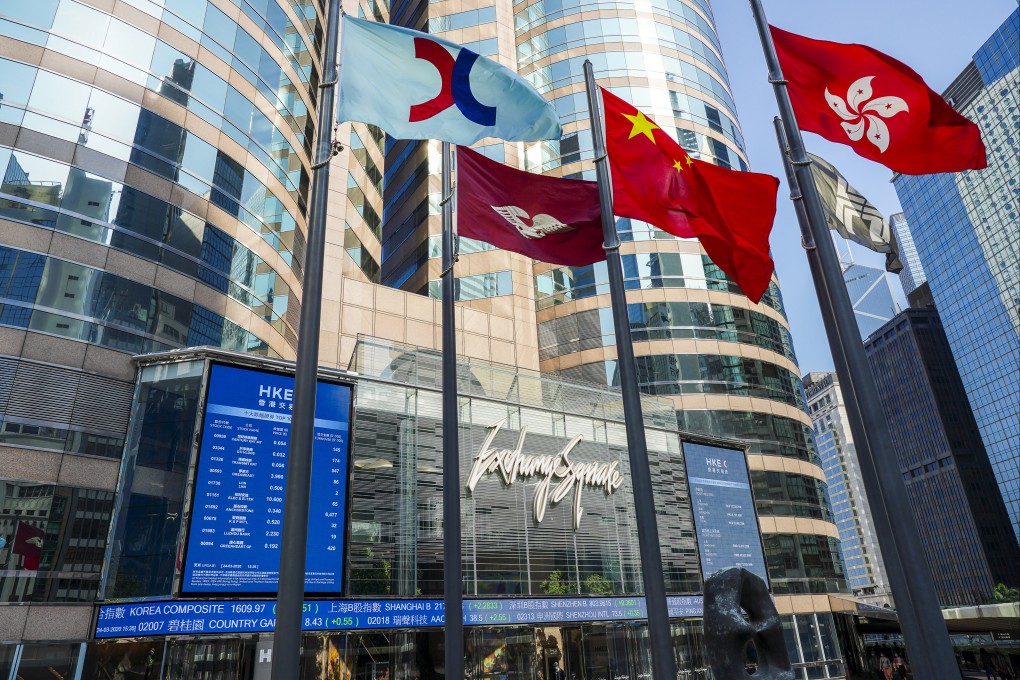Hong Kong chamber puts a Nasdaq-style board on wish list to compete with mainland China bourses for tech listings
- Time is ripe to introduce a Nasdaq-style board or ease existing Main Board listing rules to help drive self-reliance and leadership in key technologies, chamber says
- Recommendation comes against a tech stock rout in Hong Kong on concerns over regulatory risks, Ukraine conflict

A new tech board akin to the Nasdaq in New York, or more flexible mainboard listing rules, would help drive China’s long-term goals of self-sufficiency and leadership in key areas such as semiconductor manufacturing and artificial intelligence, the Hong Kong Chamber of Listed Companies said.
“Hong Kong is facing keen competition from the mainland exchanges,” said Catherine Leung, who chairs the chamber that represents 239 listed firms with one-third of Hong Kong’s market capitalisation. “We have to act quickly to create the ‘Nasdaq of China’, or change the [existing] listing rules to allow these companies to raise funds.”

The timing is right, she added, notwithstanding the ongoing rout in some of China’s biggest tech juggernauts listed in Hong Kong. The Hang Seng Tech Index of 30 stocks has slumped 25 per cent this year, many trading below their 52-week lows, adding to a 33 per cent rout in 2021 amid an industry crackdown.
The chamber had earlier floated the idea to Financial Secretary Paul Chan Mo-po in December in a meeting and submitted a written proposal last month preceding his Budget speech. Chan has said the city’s market regulators are reviewing the listing rules with the view of greasing such tech listings.
“Mainland tech companies would like to tap international capital and promote their brands globally,” said Leung, a former JPMorgan Chase investment banker, and the first woman to lead the chamber. Tough regulations have forced start-ups to opt for Beijing, Shanghai or Shenzhen instead, she added.